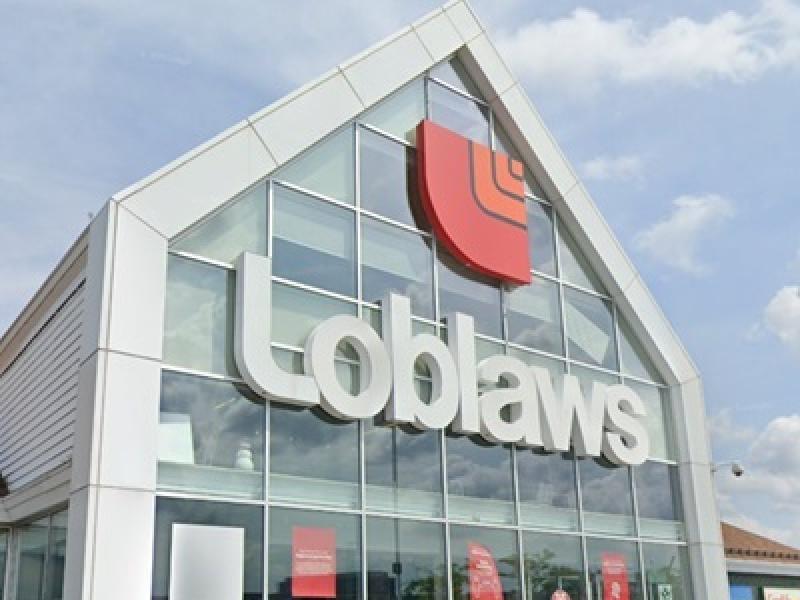 Three major Canadian real estate owners, investors and managers have scored top rankings among North American firms from the 2019 Global Real Estate Sustainability Benchmark (GRESB).
Three major Canadian real estate owners, investors and managers have scored top rankings among North American firms from the 2019 Global Real Estate Sustainability Benchmark (GRESB).
BentallGreenOak, Oxford Properties and Ivanhoé Cambridge are no strangers to leadership in the sector. BGO scored two top rankings, while Oxford and Ivanhoé Cambridge topped one category apiece. The annual results for the 11 asset classes in the benchmark were released this week in Amsterdam.
BGO’s Diversified U.S. Property Fund was No. 1 in the Diversified – Private division, while its joint venture (with CalPers) Institutional Logistics Partners topped the Industrial – Private class.
Ivanhoé Cambridge’s managed portfolio is No. 1 in the Retail – Private category, while Oxford Properties took the prize in the Diversified – Office/Retail – Listed division.
All are repeat winners, and some have dominated their sectors for many years.
For the 2019 reports, 1,005 property companies, REITs, funds and developers took part. They represent more than US$4.1 trillion in AUM. The assessment covers more than 100,000 assets.
BentallGreenOak “exceptional” leader
BentallGreenOak said its results continue “the company’s exceptional global leadership position in sustainable investing for the ninth straight year.” In a release trumpeting its accomplishments:
* the BGO Diversified U.S. Property Fund ranked second overall globally in addition to topping the North American sector;
* the BGO Prime Canadian Fund posted its best GRESB performance, achieving second place in the Canadian Diversified group;
* the Sun Life General Account, managed by BGO, made its first submission to GRESB and was graded in the top five per cent in the Global Diversified category;
* and all three portfolios made first-time submissions to GRESB’s Resilience Module, each ranking second in the Global Diversified category.
“Our global leadership position with GRESB is a reflection of the collaborative efforts of our asset management and real estate services teams, under the leadership of our portfolio managers and sustainable investing group, to achieve more for our clients and deliver better outcomes for the environment,” said Gary Whitelaw, chief executive officer of BentallGreenOak, in a release.
BGA is a division of Canadian-based Sun Life Financial Inc.
Oxford a six-time winner
In topping the North American office/retail listed category, Oxford continued a streak of six No. 1 rankings in the past seven years.
The real estate arm of the Ontario municipal employees’ pension fund (OMERS) strives for better results every year, says its director of sustainability.
“We developed a new, global sustainability strategy last year to take our efforts to the next level,” said Darryl Neate in an email to RENX.
“It includes commitments and targets across four key areas: climate and energy, well-being, materials and community – which we are executing against for the benefit of our customers and communities.
“Our global carbon target and commitment to renewable energy are two key areas we materially advanced in 2018-’19.
“It involves things like getting all sites on one global data platform; setting custom targets for our properties that roll up to our global target; and implementing property-level carbon action plans.”
Oxford also recently made a commitment to construct one million square feet of rooftop solar systems on its existing retail and commercial properties.
Finally, Neate said, Oxford is utilizing more technology and more extensive auditing of its performance to improve its results.
“We also had our annual sustainability report audited by a third party, Ernst and Young, for the first time in 2018, which helped to improve the quality of our processes and numbers even further.”
Ivanhoé Cambridge raises benchmark
In addition to topping the retail category, Ivanhoé Cambridge says it raised its overall benchmark score for the fifth consecutive year, from 83 to 84 (out of 100).
That’s a 29 per cent increase since its first submission in 2015 and places it in the top 10 per cent of private real estate companies with diversified portfolios.
“Our participation in the GRESB over recent years has helped broaden our corporate social responsibility and accelerate the progress of our initiatives,” the company said in a posting on its website.
It is the global real estate division of the Caisse de dépôt et placement du Québec.
Worldwide GRESB performance
Globally, the average GRESB score increased from 68 in 2018 to 72 in 2019. Listed property companies still outperform the private sector, but this gap is now negligible compared to previous years.
Oceania region continues to lead the world in sustainability performance. In 2019, its average GRESB score was 81, compared to the global average of 72.
The North American sector averaged 72. The cohort remains the largest in dollar terms globally.
The 2019 results show global like-for-like GHG emissions falling 2.66 per cent, down from 4.91 per cent in 2018. This slower reduction rate will not be enough to meet the 1.5-degree target set out by the Paris Climate Agreement.
With only three net-zero portfolios in the 2019 benchmark, the organization says much more still needs to be done to shift the sector to a sustainable path.
“Even in the face of present challenges, we remain optimistic because of the breadth and depth of the sustainability ecosystem that has grown up since the inaugural Real Estate Assessment in 2009,” said Roxana Isaiu, director of real estate at GRESB, in the release.







